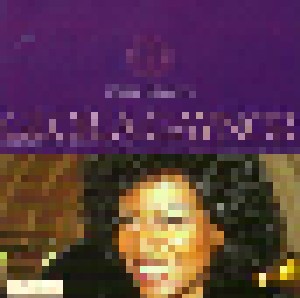

But it's also been covered by Johnny Mathis and Cake, performed by marching bands and symphony orchestras. Today, it's hard to go through life without hearing some version of "I Will Survive." Its operatic sweep makes it perfect for divas Diana Ross, Aretha Franklin and Miss Piggy have all had a go. "She sang her song," Southworth says, "and singing along with her were 1,500 advocates from across the globe-many of them survivors themselves, singing in beautiful accents." Cindy Southworth heads the National Network to End Domestic Violence, where Gaynor is an advocate she remembers when the singer appeared at the organization's global conference in 2012. That includes survivors of domestic abuse, for whom Gloria Gaynor herself has become a spokesperson.

NPR’s American Anthem expanded on that theme in this 2019 story from Karen Grigsby Bates.īeyond gay communities, "I Will Survive" has become a global anthem for those who have felt politically oppressed, physically challenged or otherwise pushed to society's margins. In 2006, Tarana Burke, an abuse survivor, founded what became the #MeToo movement against sexual violence Gaynor’s song was again an anthem. And when we hear it again, for the millionth time we recall how we did make it through the last time or the time before that, and that we have the infinite capacity to do so again and again.” “The message constantly reminds us that we will make it through. “This song has a powerful message: that each of us holds our destiny in our own hands, and that we control how we will be after something traumatic happens to us,” he says. Niv, 59, a gay man who first heard “I Will Survive” in a West Hollywood nightclub, explains that the song expresses a kind of control over the queer community’s own destiny. According to Lawrence, the dancing of the disco scene did not reaffirm heterosexuality, cis-normativity, or even categories of race it destabilized those constructions through an open and diverse dance floor with endless possibilities.

Tim Lawrence, professor of cultural studies at the University of East London, argues that the disco scene attempted to create a “democratic, cross-cultural community that was open-ended in its formation,” where people who frequented the scene were aware of its queer thrust or were queer themselves. Nicole Froio, writing of the song’s “triumphant queer legacy” for Zora, discusses both the song and the history of disco in the gay community.ĭisco music was a place of resistance for those considered too gay, too Black, or too Latino to join the mainstream hippie rock and roll scene.


 0 kommentar(er)
0 kommentar(er)
